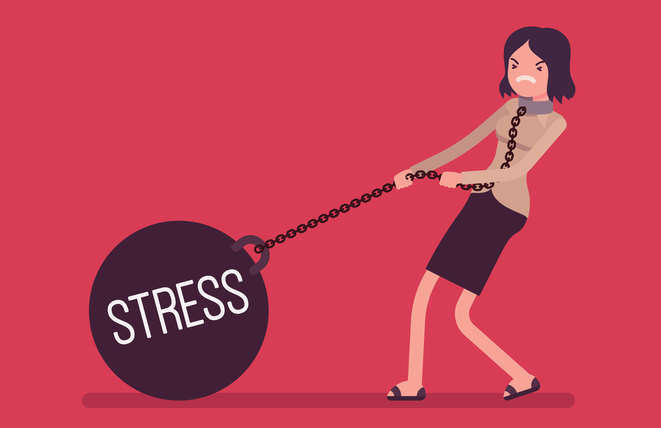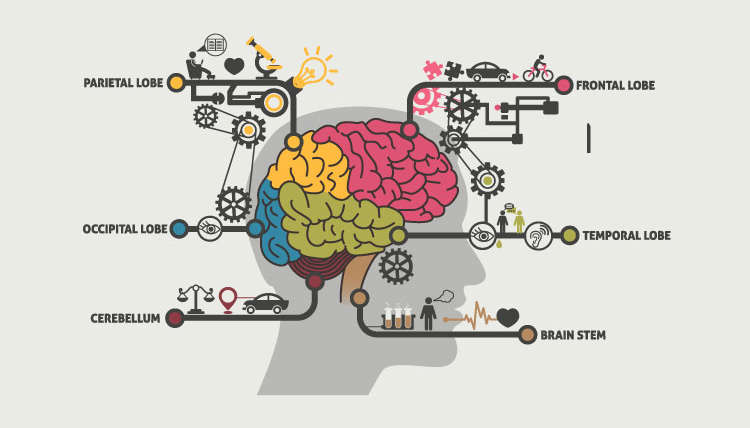Imagine you’re a kind, submissive sort of mouse. Feel your whiskers sense the temperature and surfaces of your environment. Swish your body-length tail around. Test out the strength of your legs. Now, imagine you’re dropped into a cage with aggressive mice, and despite your amazing ability to jump 18 inches, you experience what scientists call a “social defeat.” This would…









